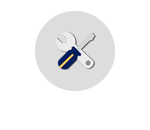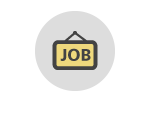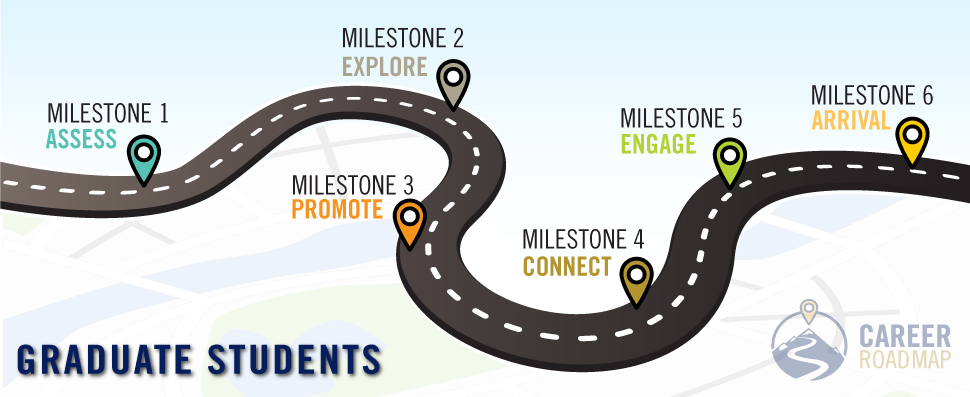
Start Your Job Search
Graduate students have a number of opportunities they can pursue following the completion of their degree. For most students, a critical decision to make early on is whether an academic career is right for them. Can you see yourself thriving as a faculty member at a university? For many, this is the precise objective for pursuing an advanced degree. Here are some tips to keep in mind regardless of your desired path after graduation:
Academic Job Search
Non-Academic Job Search
- You will need a compelling Curricula Vitae (CV) to best present your credentials to prospective universities and colleges. Review our CV Guide to develop your document.
- Your academic department is a critical resource for your job search and it is important that during your degree program you invest time to build strong relationships with your faculty. They will serve as important professional references during your job search and they can help you assess based on your skills where you might best fit. In addition, they may have connections at other universities and can help you meet individuals in the field.
- Conduct informational interviews with at least 3-5 full-time faculty members to learn more about their experience in the field and to gain their advice on approach to getting published, job search strategy, and how to plan for future professional success.
- Start early to research and build a list of institutions you may want to work for in the future. Take time to understand their qualifications for faculty at their institution.
- Build your experience during your program by working on campus, completing Graduate Assistantships and internships.
- Evaluate how the skills developed through your degree can translate to different roles. For example a PhD in Chemistry could certainly teach full-time in a university, but their research, analytical and lab experience would also be coveted by a company using lab-based approaches to bring their products to market.
- Log on to job search engines like Indeed.com or SimplyHired.com and insert the skills you have gained to explore the types of jobs that come up.
- Come into Career & Professional Development to complete a Self-Assessment to uncover how your unique skills, interests, and motivations align with particular career paths.
- Conduct informational interviews with at least 3-5 industry professionals to learn more about their experience in the field and to gain their advice on skills and experienced required, effective ways to network, job search strategy, and how to plan for future professional success.
Whether you pursue an Academic or Non-Academic Job Search, the steps in the Career Roadmap are going to be essential to your career success. Learning how to interview effectively, build a network, and standout as a candidate will be essential for your future.
Other Resources for You







